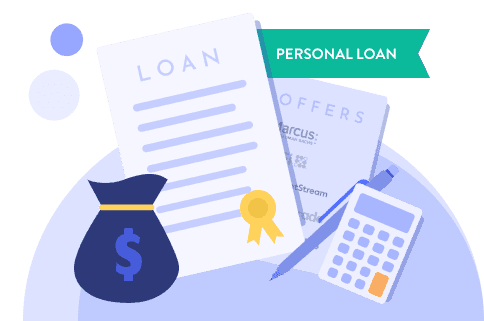Juggling multiple credit card debts can be overwhelming. This is where credit card debt consolidation loans step in. Think of it as pooling all your debts into a single bucket. Instead of multiple bills, you only manage one consolidated loan. This not only simplifies your finances but can also be cost-effective if the consolidation loan offers a more favorable rate.
Venturing into the realm of debt consolidation loans for credit cards can seem daunting. But fear not! We've curated a list of the best loans tailored for this very scenario. Alongside, we've peppered in expert insights and advice. This comprehensive guide aims to empower you in determining whether consolidating your credit card debt is the optimal move for your financial journey.



















